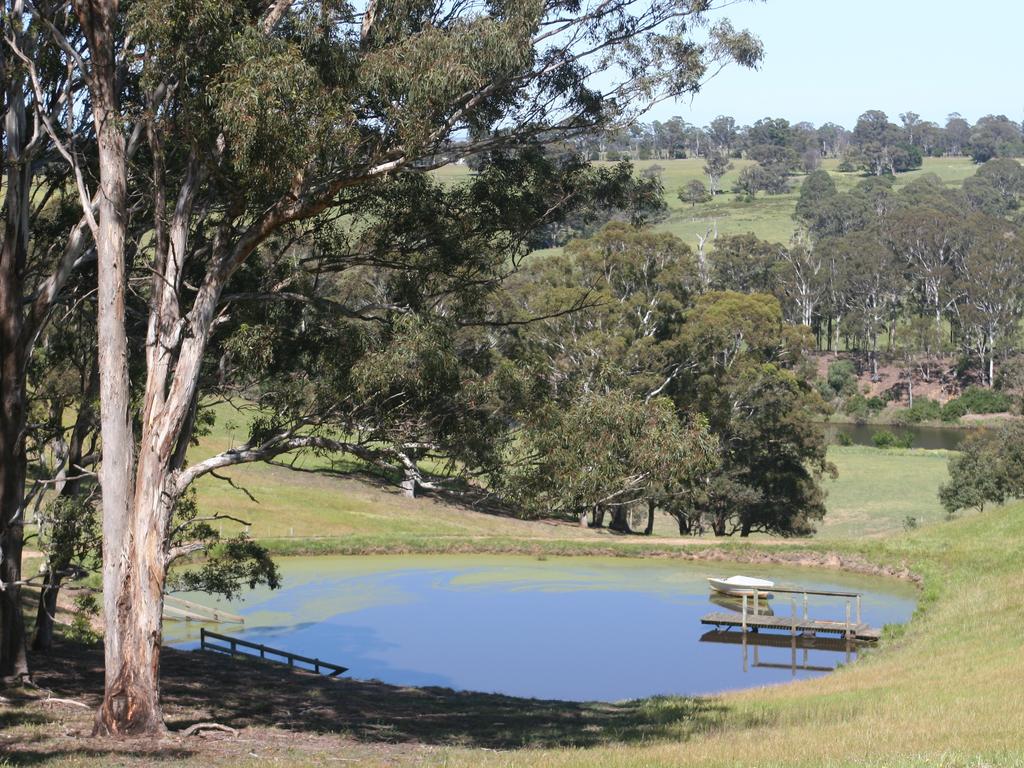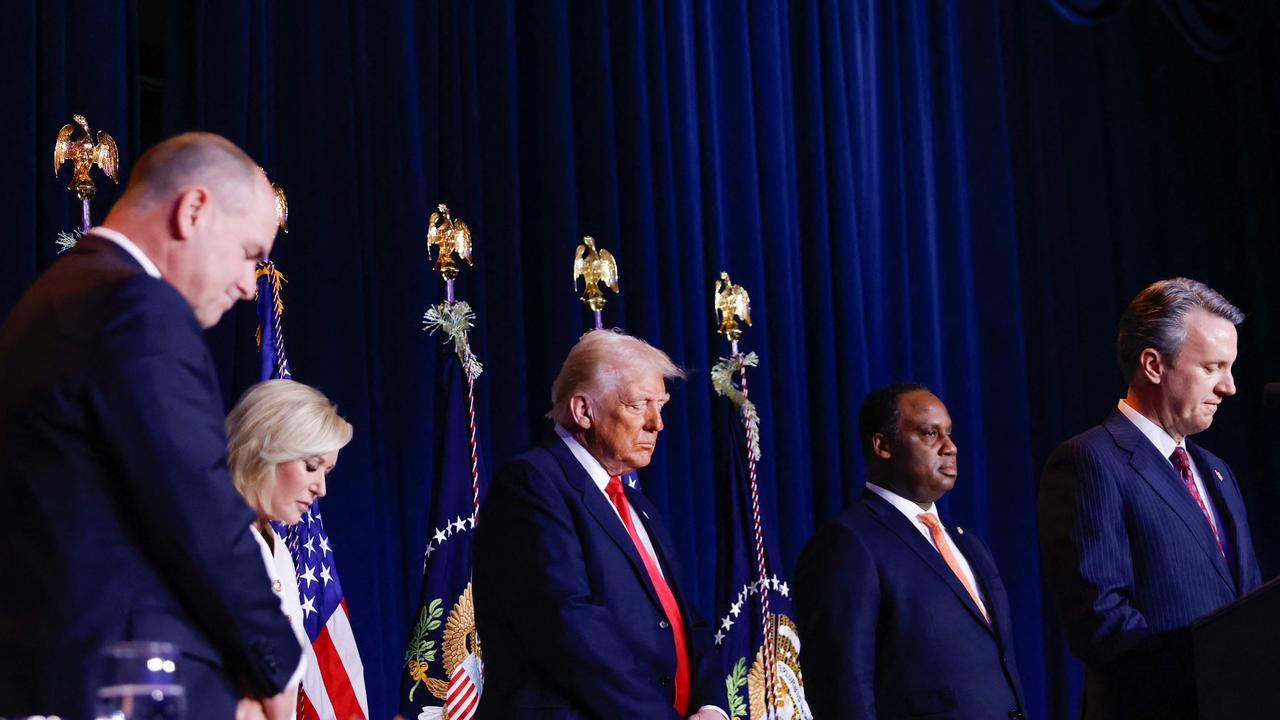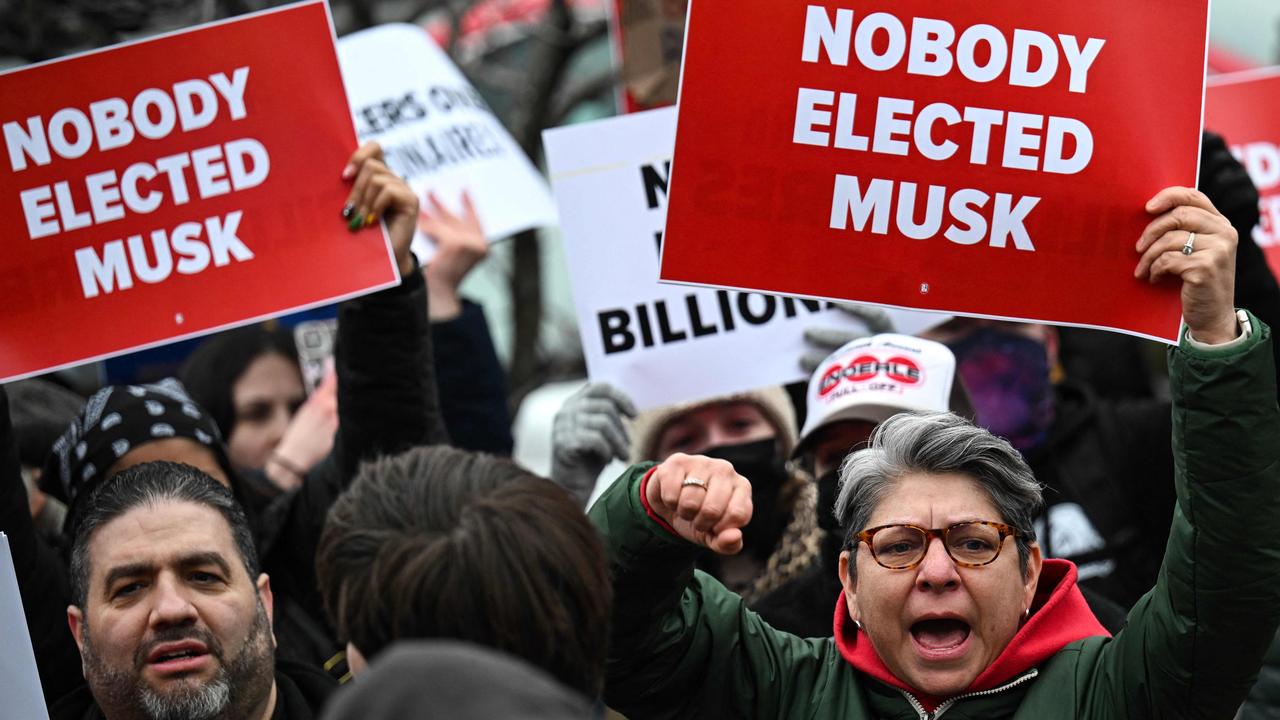Wealth pool: Boomers should pay up to fund the recovery
The pandemic lockdown was enforced to save the lives of older people and they must pull their weight in the aftermath.

Never mind whether it was right to do it: it’s been done. In my generation’s name and mostly for my generation’s benefit our government has smashed my country’s bank balances and raided Britain’s future prospects and prosperity.
Just as, overwhelmingly, the virus’s victims would have been among my age group, so, overwhelmingly, the victims of our war on the virus will be the under-55s.
So for us, the lucky older generation, the decade ahead should be payback time. It was for our sakes this debt was run up. Soon we must help repay. The moral case is unanswerable but practically speaking, are the over-55s in the position to offer extra help? Without question. Our generation has never had it so good.
Health warnings are sometimes appropriate for newspaper columns. So I should say now that if you are over 55, of a splenetic disposition and suffer from high blood pressure, then consider reading no further.
If you are in any way attracted to the phrase “I didn’t work hard all my life just so that …” then consider skipping this column. And should you as an older subscriber find “It’s all very well for you” hovering on your lips, then please notice the paragraph that follows, and accept its sincerity.
I know that though it’s all very well for me and for millions of the comfortably-off elderly, not all our age group have been so lucky. Many retired people are not only old and lonely but poor, too. It’s not about these people that this column speaks, but about the many millions of relatively affluent over-55s whose material prospects have hardly been affected by the coronavirus pandemic.
They – we – should not forget the elderly poor but nor should we use them as human shields to guard our generation’s aggregate wealth. “Touch my wealth and the little old lady down the road gets it” is a weaselly response.
I used the term “aggregate wealth”. Let’s avoid a blizzard of statistics but simply note that according to the most recent figures available, and in the decade from 2006 to 2016, the proportion of over-65s who were millionaires rose from 7 per cent to 20 per cent: this group experienced the greatest increase in British household wealth during that period, with a rise of 96 per cent.
That, of course, will have much to do with house-price rises, but these are what exclude the young from home-ownership. We who live in now-valuable properties may not feel much richer but those unable to buy a home at all certainly feel poorer.
All in all, although total wealth in Britain increased by half again over that period, the 24 to 55s enjoyed only a tenth of the increase netted by the over-65s. Incidentally, the over-55s, less than a third of the population, now own two thirds of its wealth.
How about incomes, as opposed to wealth? Figures suggest that, after middle age, average incomes decline gently while financial liabilities (buying a home and all the material means of adult life, paying for children’s upbringing and sometimes education) reduce sharply. Meanwhile, accumulated personal wealth is held on to until very late in life.
A bad thing? Not necessarily. This columnist is no Marxist. But it will surely soon be time for us to cough up, because (I’m convinced) a reckoning approaches. I simply refuse to believe those clever bankers and economists who argue that the massive indebtedness our country is now incurring could be largely without consequences for the future.
Sometimes reductio ad absurdum is the best refutation. If £55 billion ($99bn) is fine, why not £110 billion? If we really can with impunity fill our pockets with money we don’t have, then why not a Rolls-Royce for everyone in the world?
No. Sooner or later we British are going to have to pay for this, and we elderly British should pay more. We should and we can. How? I have four proposals. But first, an important note. In the immediate future, as lockdown lifts, the imperative will be to get the economy going again.
Only a sharp recovery in overall economic activity will get us (and government finances) off the hook, and increasing the overall tax burden is no way to kick-start an economy. It follows that what we take from the over-55s we should redirect to the under-55s. I’m not against tax cuts but we elderly should help pay for them.
And so to my first proposal. The extravagantly generous exemption of “pensioners” from paying national insurance (NI — a tax on earnings and self-employed profits, from which some state benefits such as the pension are paid) was because in theory it was a specific contribution, not a general tax.
But that’s history. Ending this exemption would go like a bullet to the Tory vote but surely a compromise is available? I’m still earning. Millions of “pensioners” still are.
I might bridle at paying NI on my pension – state or private – but could accept paying NI on my continued earnings, not least to help fund other people’s state pensions. The revenue raised would be very substantial and could pay for basic-rate tax cuts for all.
Second, it is now impossible to defend the “triple-lock” on pensions, guaranteeing real-term annual increases in the pension. In so far as the poorest pensioners lose out, some of the money saved should be targeted in other ways on them alone. Double winter fuel payments to the poorest.
And axe them for the rest of us – and this is my third proposal. My late literary agent told me his winter fuel was petrol for the Bentley.
For old-age travel concessions, let us opt in or opt out, and deem a one-size-fits-all monetary benefit of about £500 to be added to the taxable income of those who opt in – thus, again, sparing the poorest. Wherever practicable, universal perks to the elderly (prescription charges, for example) should be re-targeted on the poorest: arguably those in receipt of pension credit. Some of these savings to the Exchequer would be huge; others more justified morally than by yield.
Finally, millions in Britain, but particularly the elderly, have very substantial cash savings sloshing around that they do not know where to place. Often they end up in property purchases, inflating house prices at the expense of the young.
To help pay for the Second World War the government ran a war savings campaign, which citizens bought into, both for their modest return and for patriotic reasons. If fighting COVID-19 is a war, then why not look for a way to engage us directly in war-funding?
Overwhelmingly it would be the older generation who would respond. The whole lockdown effort was to save our lives – remember? Even if I suspect the effort was misguided, I would welcome a chance to say thank you.
The Times



